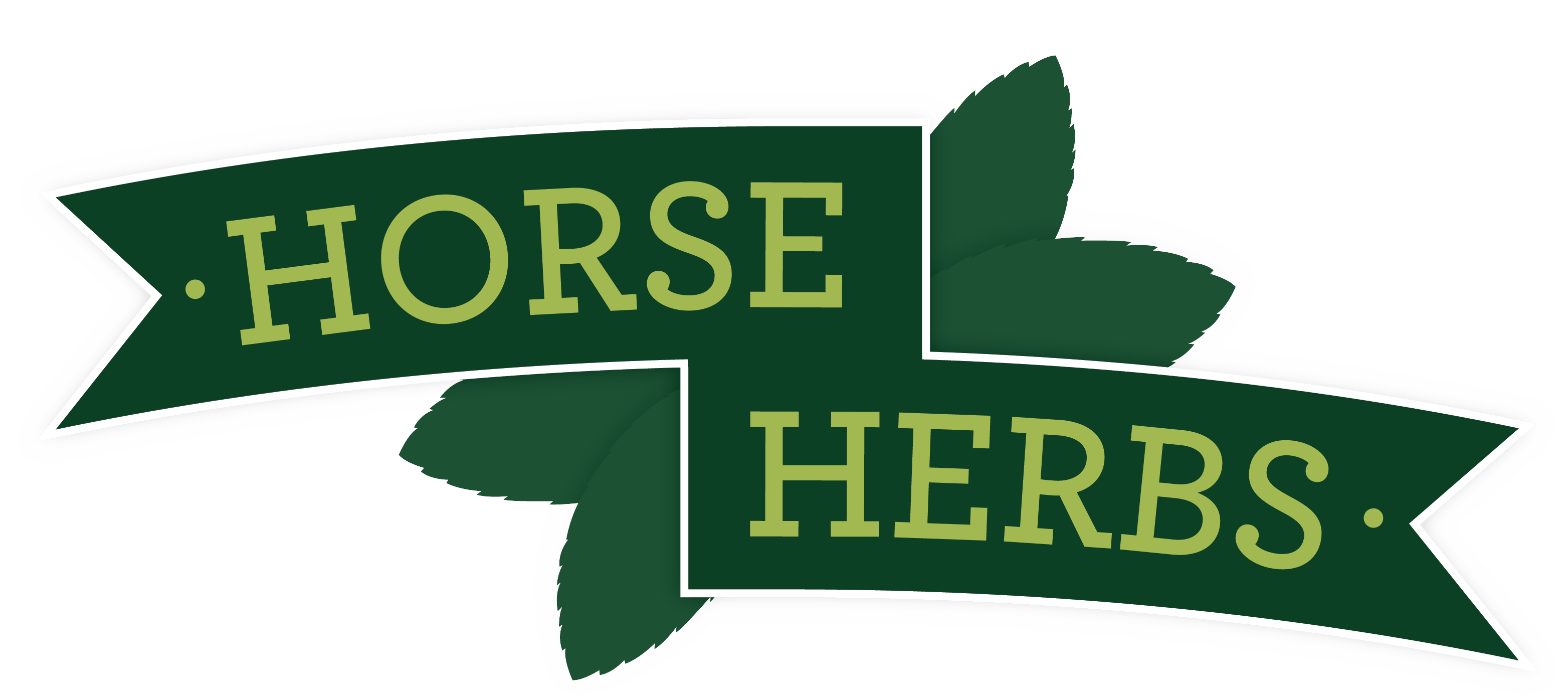
Bentonite Clay
From £0.12 per day, please see the cost per day below for more detail.
Product Information
We hope you find everything you need here. If not, feel free to visit our FAQs or Contact Us.
Benefits of Bentonite Clay
Feeding Guide
Cost Per Day
Composition
Helpful Information
Shipping & Returns
Orders over £50.00 will receive free UK mainland delivery. Orders below £50.00 will be charged £4.95.
Returns are accepted within 30 days. To be eligible for a return, your item must be in the same condition that you received it, unused in its original packaging.
Read more here.
How long will it take to work?
This varies according to each individual horse. Generally though you will need to give 2-3 weeks for dried herbs, however many of our customers have reported a beneficial effect after just a few days.
Is this the right product for me?
If you need product advice, feel free to get in touch.
We do always recommend consulting with a veterinary professional for specific health issues as we cannot give condition specific advice.









